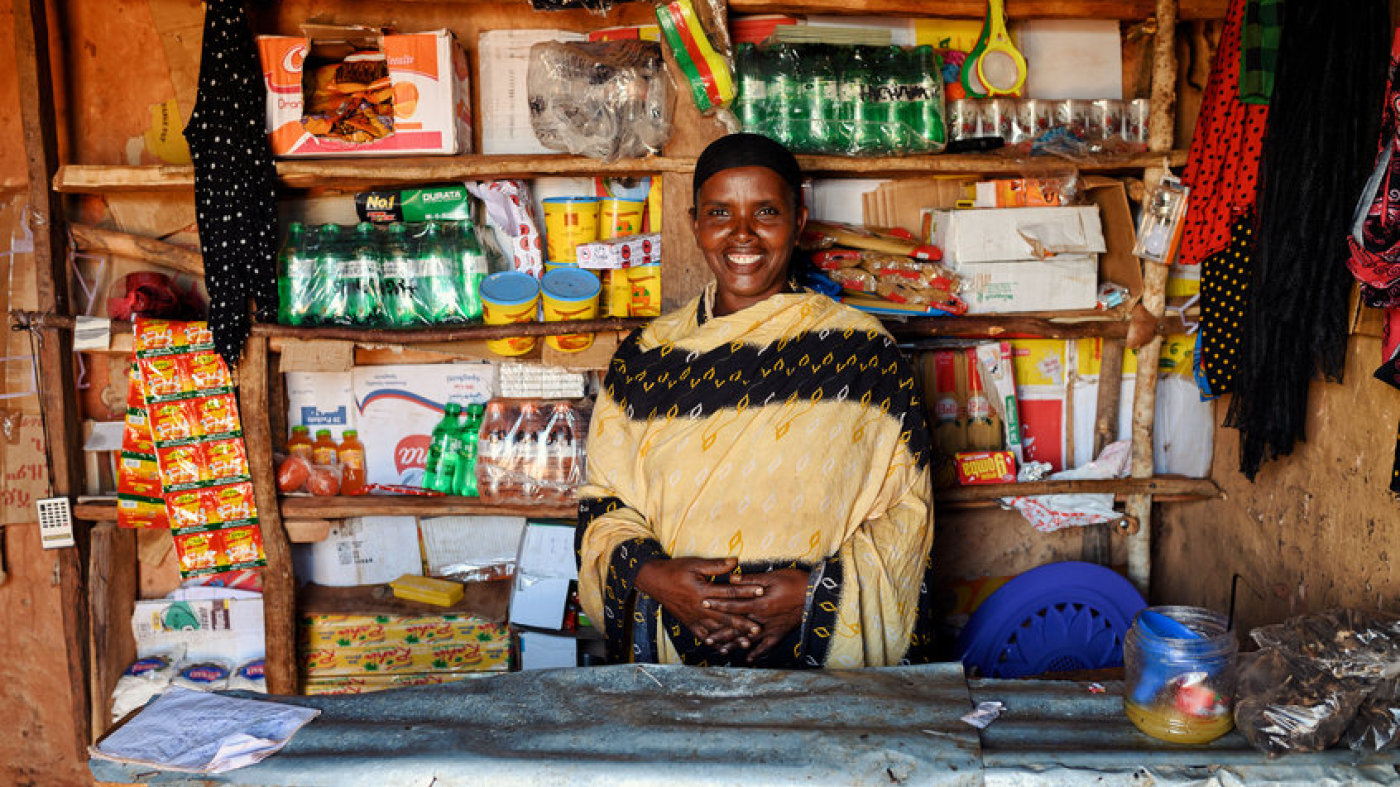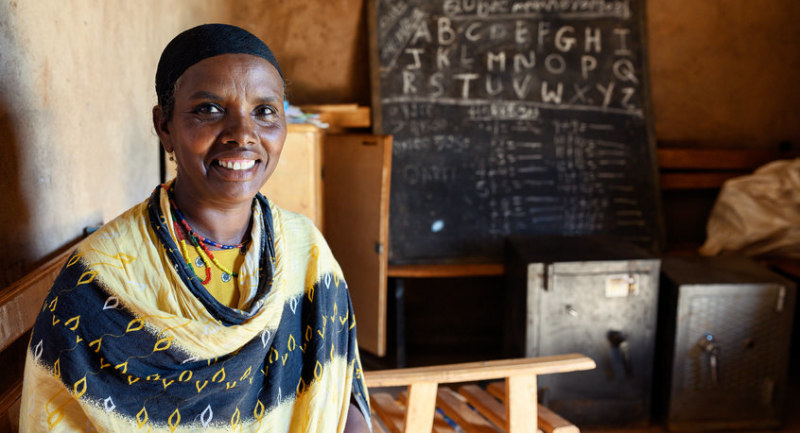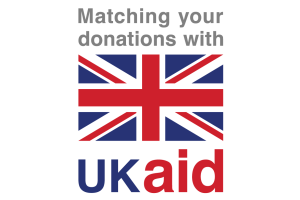Eleam's story
15 August 2019

In Borana district of Ethiopia, a decline in rainfall and rise in temperature over the last 25 years has led to major droughts, a lack of food and increased poverty.
In an area where most communities are pastoralists who rely on livestock for survival, the consequences have been devastating. Regular droughts have led to the deterioration of rangeland, used for animal grazing. Without food and water for the animals, 60% of livestock in the region have died. This has left communities with no way to earn an income, trapping them in poverty.
But thanks to your generous donations, and with support from DFID, we’ve been working in the region to rehabilitate rangeland, provide access to safe drinking water for the whole community, and create co-operatives for communities to save money and insure their livestock.
Over the last 3 years, we’ve seen real and tangible impacts and changes for people in Borena, Ethiopia, who are some of the most vulnerable people to the effects of climate change anywhere in the world.
Here’s Eleam’s story.
At 40 years old, Eleam Diida became a widow with six children to care for and no job to bring in an income.
After her husband’s death, Eleam quickly learnt how to manage her late-husband’s livestock duties, but it took her away from managing the family home and looking after her children. Yet, if she stayed at home, her children would have to miss school to look after the livestock. There wasn’t enough time in the day to do everything and, with drought becoming increasingly common, Eleam knew she could not survive this way by herself. Maybe, Eleam thought, there was another way.

Motivated by a trip to sell goats milk in a market town on the Ethiopian border with Kenya, Eleam and 30 fellow women from Eleam’s home village, watched the Kenyan women traders and entrepreneurs with wonder; was it something they, too, could do?
Once back home, Eleam contacted CIFA, one of SCIAF’s local partners in Borana zone, and joined a local Savings and Credit Co-Operative (SACCO) for women. As well as helping Eleam manage and save her income, she attended adult literacy classes and attended training in business development and leadership skills. For two years the women’s cooperative met four or five times a week, refining their new knowledge and often spending hours after the classes discussing politics, economics and environmental issues.
But this wasn’t enough for Eleam, she wanted to do something life changing with her new skills.
"I remember writing my name for the first time, it was a wonderful feeling to see my hand writing the letters, forming a word. My word. My future changed that day and my horizons opened up, I wanted to do so much. I’d opened my eyes for the first time."
Eleam decided she would open a village shop, selling grain and batteries and all the essentials for survival in the challenging Borana environment. This would not only be her way to survive drought, but it would help others survive, too. She spent what little money she had saved to purchase her initial stock and, using her newly developed literacy and numeracy skills, she was able to pass the bookkeeping requirements and opened the doors of her shop for the first time in 2018.
Eleam now works 7 days a week in her shop. From the profits she can afford to send her children to school, to receive the education she never had. Her eldest daughter has just finished college and is employed in a stable job with the local government. Eleam now has plans to save enough money to buy a truck so she can help deliver essentials direct to her customers.
“I was in a dark life before, but now I see the light and I don’t want to just stop here; I want to keep moving forward. I want to teach other women that there is life beyond what they know, that they, too, can learn how to write their own name.”
